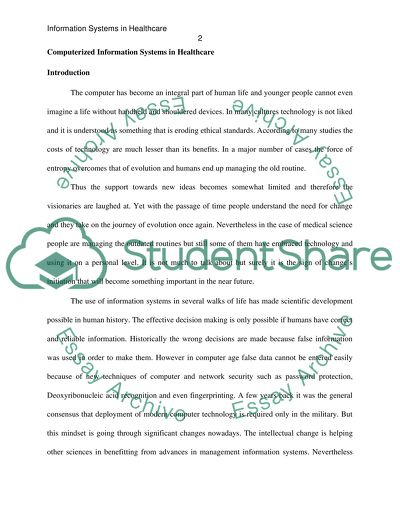Cite this document
(“How can the implementationof electronic health records and health Research Paper”, n.d.)
Retrieved de https://studentshare.org/health-sciences-medicine/1483227-how-can-the-implementationof-electronic-health
Retrieved de https://studentshare.org/health-sciences-medicine/1483227-how-can-the-implementationof-electronic-health
(How Can the Implementationof Electronic Health Records and Health Research Paper)
https://studentshare.org/health-sciences-medicine/1483227-how-can-the-implementationof-electronic-health.
https://studentshare.org/health-sciences-medicine/1483227-how-can-the-implementationof-electronic-health.
“How Can the Implementationof Electronic Health Records and Health Research Paper”, n.d. https://studentshare.org/health-sciences-medicine/1483227-how-can-the-implementationof-electronic-health.


